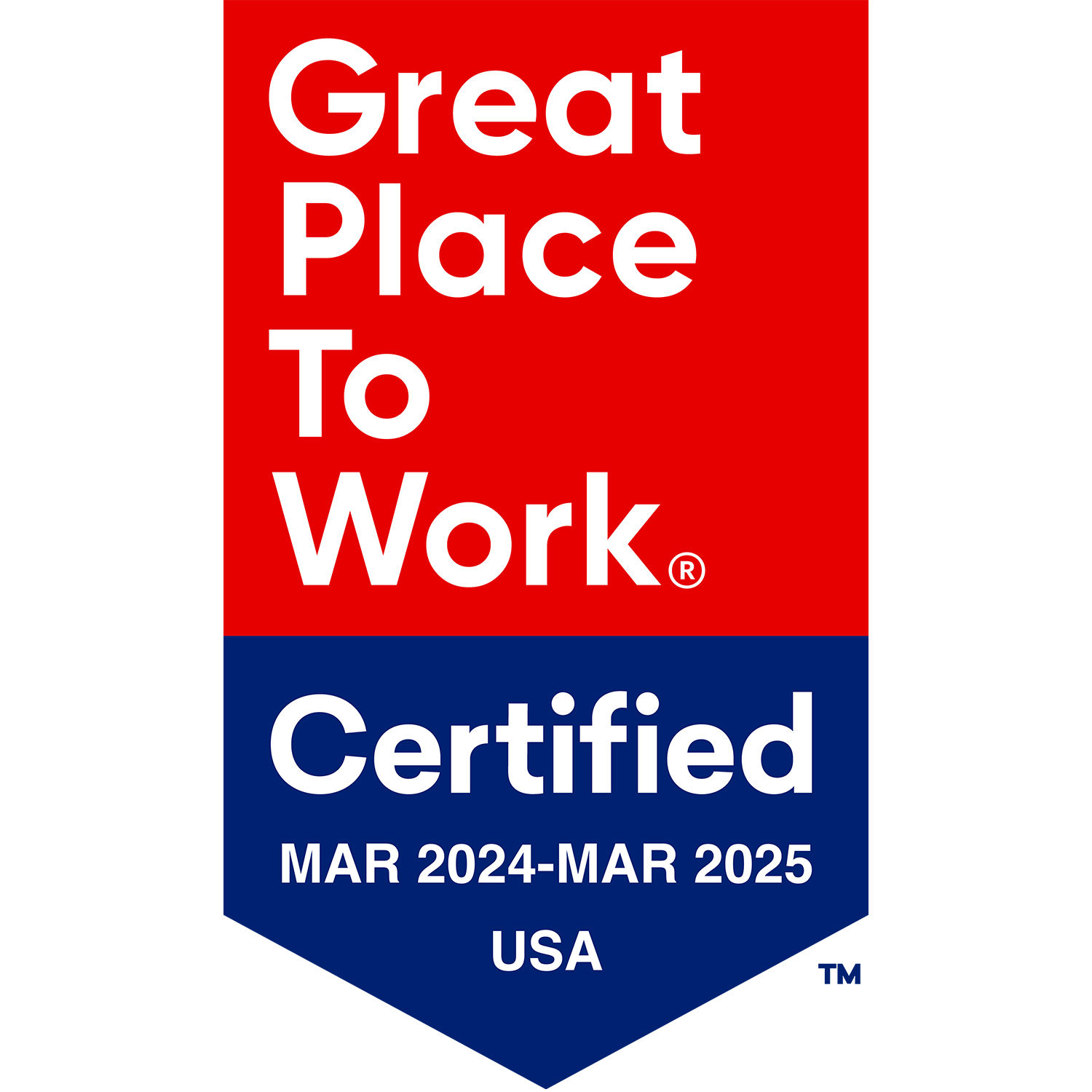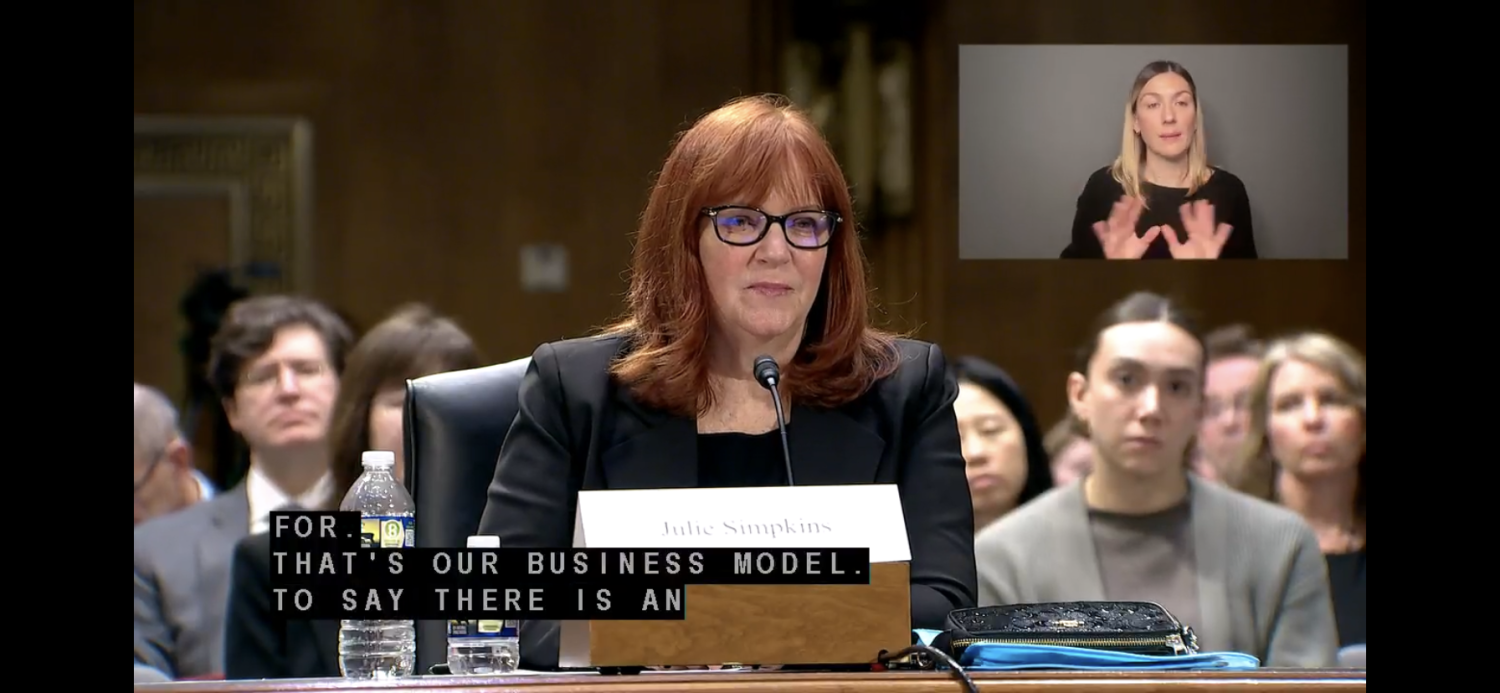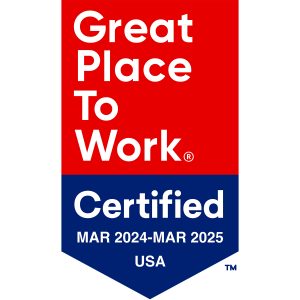By Rick Banas of BMA Management, Ltd.
The Supportive Living Program in Illinois makes affordable assisted living available to adults 65 and older of all incomes, including those on or who would qualify for Medicaid.
The program has grown significantly since the first Supportive Living community opened more than ten years ago.
Today, there are 123 Supportive Living communities located in cities, suburban and rural areas in nearly 70 Counties in Illinois. Together, these communities house nearly 9,700 apartments, with most of the communities designed for adults 65 and older (three are designed for adults with physical disabilities who are 22 to 64 years of age and two for the blind).
More than 35 additional Supportive Living communities have been approved by the State for development.
At BMA Management, we are proud to be the largest operator of affordable assisted living communities in Illinois. Of our 34 senior living communities, 30 operate through the Illinois Supportive Living program.
We thought this Guide to Affordable Assisted Living in Illinois that explains the Supportive Living program would be helpful.
What is Supportive Living?
Supportive Living is a special program developed by the State of Illinois that benefits older adults who may need some help to maintain their independence but do not require skilled nursing home care. The program provides older adults of all incomes with the opportunity to live in a highly residential environment while receiving the personal assistance and support services they need. The emphasis is maintaining health, wellness, dignity and independence.
Who might benefit from the Supportive Living Program?
The program can benefit adults who are at least 65 years of age who might be struggling with . . .
- Meal preparation/proper nutrition
- Maintaining their house and doing laundry
- Taking their medications when and as they should
- Bathing, grooming and dressing
- Lack of/not enough opportunities for socialization and companionship
Generally Acceptable for Residency
Medications: Can take medications with reminders or assistance.
Assistance: Can participate in activities of daily living; requires the assistance of no more than one person.
Memory: Needs reminders and direction, but not a risk of wandering outside the building or a behavioral risk.
What services are available for older adults who live in a Supportive Living community?
- Daily wellness checks
- Regular nursing assessments
- Medication set-up, reminders and assistance
- Personal assistance with bathing, grooming, dressing, toileting, personal hygiene, getting to and from dining and activities, getting in and out of bed
- Three meals a day plus snacks, including therapeutic diets
- Maintenance, housekeeping and laundry
- 24-hour emergency response
- Social, recreational, educational programs and activities
- Health promotion and exercise programs
An individualized service plan is developed for each resident based on the nursing assessments.
Should a resident require health services that we cannot provide, we will offer to assist the resident or the resident’s family in accessing the services that are needed.
Residents can use a home health agency to provide services that we are not able to provide, including outpatient rehabilitation.
How does Supportive Living differ from Assisted Living?
The biggest difference is that Supportive Living communities can serve adults 65 and older of all incomes, especially those who may not have the financial resources to afford Assisted Living. Persons who only receive Social Security or who are on or who can qualify for Medicaid can qualify for residency.
As a Supportive Living community, we are required to have Certified Nursing Assistants on-duty 24 hours a day, seven days a week to provide residents with the assistance they need. Our CNAs work under the direction of a Registered Nurse or Licensed Practical Nurse.
Supportive Living Communities are certified and fully regulated by the Illinois Department of Healthcare & Family Services.
How does Supportive Living differ from a Nursing Home?
Supportive living communities offer residents the opportunity to live in a highly residential environment while receiving the personal assistance and support services they need.
- At our communities, residents live in private apartments rather than having to share a room.
- Residents also do not have to share a bathroom or shower. Each apartment has its own spacious bathroom. The bathrooms can accommodate the turning radius of a wheelchair and feature a shower and grab bars.
- Each apartment also features a kitchenette and emergency call system and has its own heating and air conditioning system.
- Unlike a nursing home, residents can and are encouraged to furnish their apartment in the style of their choosing (increase comfort level.)
How much money does an older adult have to have to live in a Supportive Living community?
One of the best aspects of the Supportive Living Program is that older adults of all incomes can qualify for residency. The program is especially designed for those older adults who do not have the financial resources to afford private pay assisted living.
At our Supportive Living communities, residents who can afford to pay privately pay a monthly fee based on the size of apartment for as long the financial resources are available. All of the assistance provided is included in the monthly fee. There are no large Entrance or Community Fees due at the time of occupancy and no leveling charges or additional fees if additional assistance is required. Long-term care insurance may apply.
Financial assistance is available for those who cannot afford to pay the monthly fee.
Do residents have to change physicians if they move to a Supportive Living community?
Not unless the resident personally decides to change their physicians.
We encourage residents to maintain a strong relationship with their doctor. We will assist residents in scheduling and remembering their doctors’ appointments as well as with arranging for transportation. We can provide residents with a list of questions or concerns that they should discuss with their physician. We can coordinate having lab work done on-site and fax the results directly to a resident’s physician. For residents who receive help with their medications, we can provide the resident with a list of their prescriptions that they can take to their doctor.
Whom should I contact with any questions I have about the Supportive Living program or any of the Affordable Assisted Living communities managed by BMA?
You can contact any of the Affordable Assisted Living communities managed by BMA. Click here for a list of communities and their locations and contact information. (g-map)
All of us at BMA Management, Ltd strongly encourage you to call us at 877-882-1495 or you can contact us through email at info@bma-mgmt.com.
To learn more about the Illinois Department of Healthcare & Family Services visit online at www.hfs.illinois.gov or by phone 217-782-1200.
What if I am not sure if someone would be appropriate for Supportive Living?
Just contact one of our 34 communities or the BMA office. We would be happy to answer any of your questions and evaluate your current situation to see if Supportive Living might be appropriate.
Over the years, I have had the privilege of being able to see firsthand how the Supportive Living program has made a difference in the lives of older adults and their families. The program makes available a wonderful alternative to a nursing home or to struggling alone at home.
Hopefully, this Guide is of benefit to you. We welcome your comments.
All affordable assisted living communities managed by BMA Management, Ltd. are certified and surveyed by the Illinois Department of Healthcare and Family Services. All assisted living communities are licensed and surveyed by the Illinois Department of Public Health.
“BMA Management, Ltd. is the leading provider of assisted living in Illinois
and one of the 20 largest providers of assisted living in the United States.”
What are your thoughts? Leave a comment and let us know.




